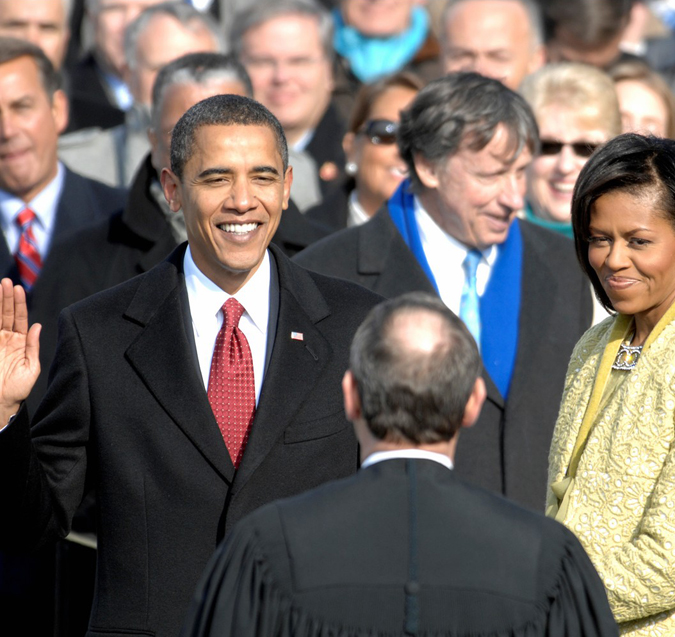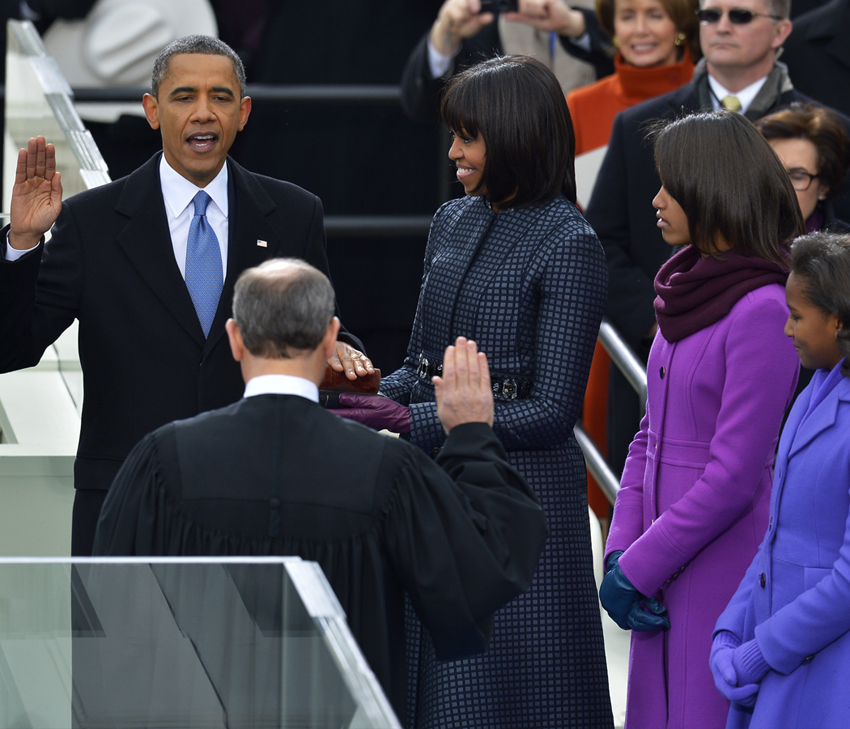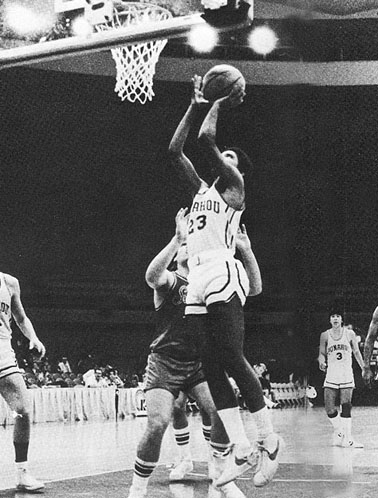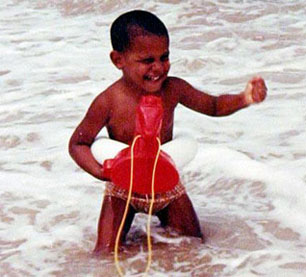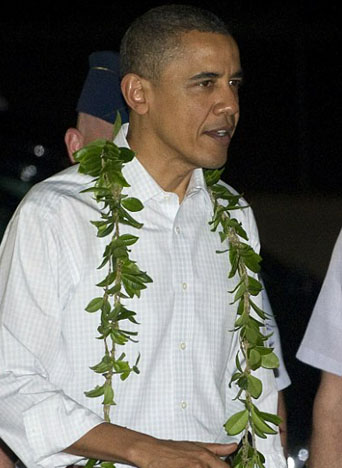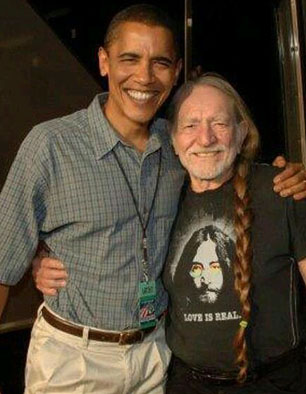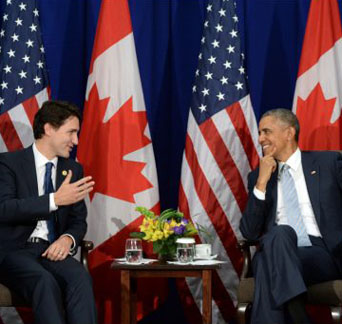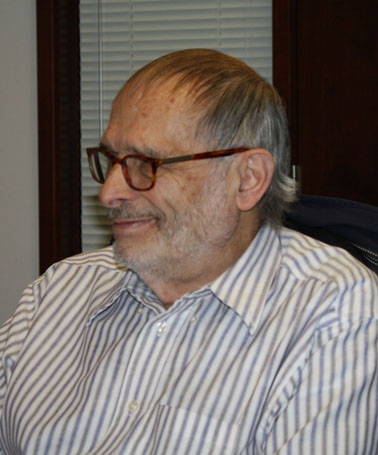Private night thoughts inspired by Stephen Marche on the Obama years, in the Los Angeles Review of Books
Dec 7th, 2016 | By Randall White | Category: In Brief
The text for my holiday season night thoughts here is Stephen Marche, “The Obama Years,” Los Angeles Review of Books, November 30, 2016.
Mr. Marche reports early on that “I was 32 when Obama danced over the green sea of raised phones at his first inaugural ball. I will be 40 by the time he stands beside Trump at the swearing-in.”
My comparable numbers are 63 and 71.
Marche also writes somewhat dismissively about how “I am old enough to have met seekers from the ’60s, explorers of consciousness, men and women whose lives took radical turns into various experiments with psychopharmacology and exotic religions and utopian political visions.”
I started my first full-time job in the late spring and early summer of 1968. I probably still suffer from utopian political visions. And reading Mr. Marche convinces me that just how the Obama years looked to you can depend on your age.
And other circumstances, of course. One thing the 2016 election showed was that the Obama years were good economically for some people (like Mr. Marche, and more or less myself for that matter), but not so good and even worse for others. In my view President Obama’s critics had a lot more to do with this than anyone else. But they still blamed him.
1. Finance crucial for everything else
Stephen Marche talks about how his personal experience has shaped his views on Obama. My experience has led me to my own conclusions of this sort as well.
To me in my early 70s, there are things in our kind of society that are good. You can use them to your advantage to build a life with some real human freedom. Or at least a life that, by and large, you enjoy.
Then there are other things that are utterly appalling. They are just best avoided as much as humanly possible.
Moreover, no matter how successful you are in maximizing the first societal influence and minimizing the second, any individual human life will bring grief and always be a struggle.
And  for best results you have to take some joy in the struggle. As I was advised in the 1970s, when President Obama was still a teenage student at the Punahou School in Honolulu.
Others might talk about “work” or a job. To me those are too narrow terms. But I certainly agree finance is crucial for everything else, as a sheer objective fact. Consider, eg, the “American jazz double bassist, composer and bandleader” Charles Mingus. In the early 1970s he advised (tongue-in-cheek?) that serious jazz musicians manage working girls on the side, to support their art – an even worse joke today, when more and more jazz musicians are women.
2. Growing diversity in North America
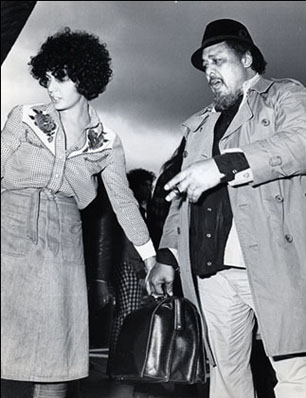
Charles Mingus with Vancouver Jazz Society vice president Deborah Roitberg at the Vancouver airport, 1970s.
To be altogether exact, by “our kind of society” I mean North America, still mostly north of the Rio Grande (and English-speaking) but with that gringo qualification growing smaller every day.
And of course in Canada we also stand for keeping a North American version of the French language alive and vital (perhaps like much smaller numbers in old Louisiana?).
At my advanced age I have now spent enough time in (Western and Central) Europe to agree that the society there today is quite similar – and to know that I like it a lot.
(I have not been to Japan, but I can imagine vaguely similar feelings there as well – and beyond more vaguely still, but increasingly in cities all over the world, in some degree at least?)
The two great residential fantasies of my later life are to spend a year in each of London, England and Florence, Italy (or Firenze in its native tongue – homeland of Niccolò Machiavelli who  discovered modern political science). But my wife remains skeptical. And my daughter-in-law says “usually the women win.”
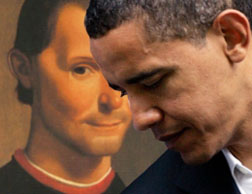
Machiavelli portrait and Barack Obama – two great political thinkers, who deserve more understanding, and respect.
Generally I prefer life in 21st century North America myself. This of course has a lot of Europe in its formative past. But it also owes a still only half-recognized big debt to Africa.
And various debts to even less recognized but increasingly visible aboriginal or indigenous or first peoples, who on the preferred current western academic theory themselves originally came from Asia, from which more and more new Americans (and Canadians –Â and even Mexicans??) are coming again today.
And then there are the growing Latinos of the USA, now the single largest group in the most populous state of California – and gaining ground in the Lone Star State of Texas too!
3. My American grandsons
Stephen Marche reports that : “During the Obama years, I bought a blue house in a quiet neighborhood in Toronto and my father died and my daughter was born and I called my mother to check in and I hired a nanny for a while.”
He also tells us that “I wrote a piece about loneliness and Facebook for The Atlantic … my job was understanding the Obama years. I spent my time writing about the times, mostly for Esquire magazine … the Obama years were the years I became a man, although these were also the years when no one could have told you what that meant.”
One clear thing I share with Mr. Marche is a Toronto residence, just north of the Great Lakes in what Homer Simpson calls the “America Junior” in Canada …
In my current early 70s I am long past my own early family years in my mid to late 30s. They were more modest in any case (though none the less wonderful in retrospect). In a family way the Obama years for me were both a time of unfathomable personal grief in Toronto, and when I acquired my current three American grandsons.
One was born in Palm Springs, in southern California. Another was born in Walnut Creek, in northern California. Another was born in Kailua, Hawaii. And the brood have now come to rest  just north of San Francisco (in the North Bay area –  not to be confused with North Bay, Ontario, where my next-door neighbour in Toronto grew up.)
Kailua is also where President Barack Obama and his family have gone for the Christmas and New Year holidays, throughout his presidency.
It is part of Honolulu County on the island of Oahu, where he was born and did most of his early growing up, to the end of high school.
Getting to know the place a little while he was in office also persuaded me that much of who and what Barack Obama has been as president flows from his somewhat exotic (more indigenous-Ohana-influenced?), aggressively multicultural, and even vaguely Asian African American youth in Hawaii. As he has said himself : “The opportunity that Hawaii offered – to experience a variety of cultures in a climate of mutual respect – Â became an integral part of my world view.”
4. Obama legacies “sizable no doubt, on the scale of LBJ or FDR”
Whatever else, I agree with a lot in the second-last paragraph of Stephen Marche’s piece : “The Obama years, unlike the ’60s, have a definite end date. January 20, 2017.” (Well, technically, for me the 1960s finally ended in 1975 – and I can remember the exact lunch when this was decided, in a dining room above a now vanished bar on College near Yonge, in Toronto.)
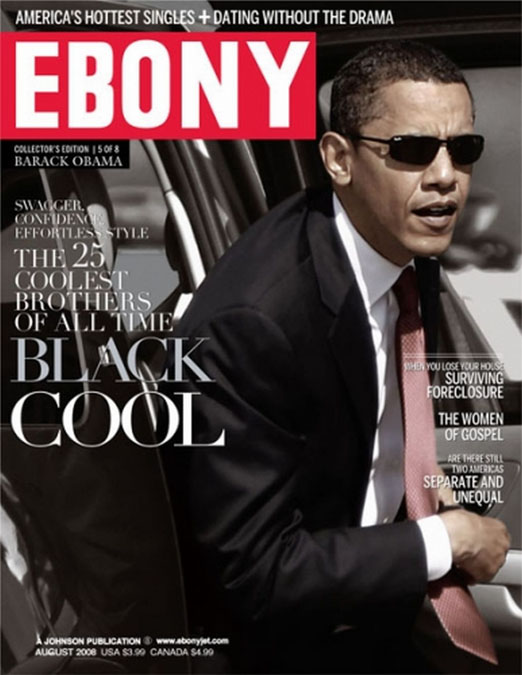 Marche goes on : “No doubt the man will not simply vanish – hopefully he will write an elaborate, gossipy memoir – but it was never Obama himself who defined the Obama years. It was the fact that such a man was in power. It was witnessing him daily move with and inside and around the machineries of the world.”
Marche goes on : “No doubt the man will not simply vanish – hopefully he will write an elaborate, gossipy memoir – but it was never Obama himself who defined the Obama years. It was the fact that such a man was in power. It was witnessing him daily move with and inside and around the machineries of the world.”
And then I very seriously agree with Mr. Marche’s words here: “His legacies are sizable no doubt, on the scale of LBJ or FDR: the salvation of the global economy, the reintroduction of the idea of government initiative as a positive force in American life, the first US commander-in-chief to refuse to serve as the world’s policeman.”
Finally again, there is the almost final conclusion : “But the significance of those legacies will be established 50 or a hundred years from now. His legacy will be determined by human fate, not policy. Besides, his policies could never mean as much as his grace. Obama did that thing: he moved like nobody was watching even though the whole world was watching. No one could tell if it was the most natural thing in the world or if he had just mastered the steps.”
5. What I’ve valued most about Barack Obama
What I think I’ve valued most myself about Barack Obama, first African American president of the “greatest, craziest, most dangerous, least stable, most spectacular, least grown-up … nation ever known,” goes back to my own personal experience among the “seekers from the ’60s” still suffering from utopian political visions.
As best as I’ve been able to make out, Obama, more than any other American president in my adult lifetime, has worked to grow and extend the things in our kind of society that are good – that we in the great mass of the democratic people can use to build our freedom, or at least a life we can by and large enjoy.
He has also worked, I think, to keep the other things that are utterly appalling at bay. When you are president you of course cannot just avoid these things. And certainly in Barack Obama’s Machiavellian real world of modern politics utterly appalling societal influences must be bargained with, and moderated in the broader public interest.
All this is partly a matter of the role of government in the mixed economy, which so much of the right wing in the USA today still does not accept. But this is far from the key point, I think. The Barry Obama who lived for much of his youth with his maternal grandparents from the state of Kansas has a lot of respect for the disciplines and authentic virtues of the American free market. And President Obama’s economic statistics have on balance ended quite strong.
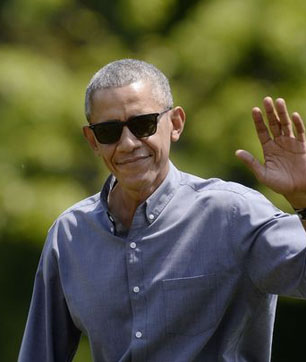 Finally, President Barack Obama has conducted his side of the inevitable human struggle – always magnified at the commanding heights of American politics – in a reassuring spirit of compromise, and as a quietly competent class act.
Finally, President Barack Obama has conducted his side of the inevitable human struggle – always magnified at the commanding heights of American politics – in a reassuring spirit of compromise, and as a quietly competent class act.
(Which is, I take it, what Stephen Marche has called “his grace. Obama … moved like nobody was watching even though the whole world was watching. No one could tell if it was the most natural thing in the world or if he had just mastered the steps.” In any case it has all been reassuring to watch. To the global village President Obama has offered a kind of laid-back and low-key American leadership that works at last.)
6. Obama’s eight years still biggest reasons for optimism about American future
Three utterly final thoughts.
(1) Stephen Marche and I are both Canadian, when all is said and done. All manner of opinion polls have shown that President Barack Obama is more popular in Canada than anywhere else in the world. And that may partly be because he is a kind of Canadian-style American politician. (And note that in the middle of the 19th century a Hudson’s Bay Company agency in Honolulu  recruited native Hawaiians to work in the transcontinental east-west fur trade in Canada.)
(2) It has of course been a great thing that Barack Obama has been the first African American president of the United States. (And he has been helped enormously in playing this role by the lovely first African American first lady, Michele Obama.) Accidentally or otherwise, he has also presided over and/or benefited from the beginnings of a significant demographic shift towards a more diverse American society generally. But to me his most fundamental distinction is just that he has been at least the best American president in my adult lifetime (where the first president I really remember is Eisenhower). In an imperfect world I am just happy to have been alive for his now constitutionally limited eight-year term in office.
3) Of all the impressive things I’ve heard President Obama say since November 8, 2016, one has stuck most memorably in my mind. A journalist (in Germany I think) asked how he could be so optimistic about the American future, now that Donald Trump was president-elect. And Barack Hussein Obama just said (more or less) : “I have to be an optimist. I mean what are the chances that someone with my name would become president of the United States?”
Whatever happens over the next four years, it will remain an immovable  historical fact that Barack Obama won two elections by considerably greater margins than Mr. Trump in 2016. (Donald Trump finally won 306 electoral college votes and a mere 46.1% of the popular vote – less than  Hillary Clinton’s 48.0%. In 2008 Obama won 365 electoral college votes and 52.9% of the popular vote. And he took 332 electoral votes and 51.1% of the popular vote in 2012.)
Barack Obama  was “the first president in more than five decades to win at least 51 percent of the national popular vote twice.” He is ending his second presidential term with at least 50% approval ratings and on some accounts 55% (or even 56%). And his two election victories and controversial but well-managed and gracefully progressive eight years in office are still the biggest reasons extant for optimism about the long-term future of a seriously great (and seriously democratic) United States of America.
